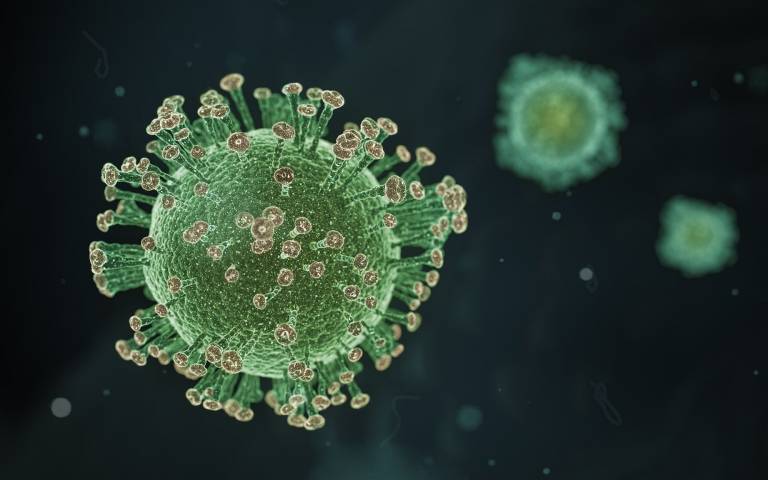New self-isolation guidance – what to do if you’re a close contact of someone with coronavirus
6 December 2021
The Government’s advice about self-isolation has changed, and you don't need to self-isolate in certain situations – but new rules apply for cases where the Omicron variant is detected. Find out more.

When you need to self-isolate
If you have symptoms of coronavirus, or if you’ve taken a Lateral Flow test (LFT) and the result is positive, you must self-isolate at your current address and order a PCR test to be sent to your home, or arrange an appointment for a PCR test at a walk-through or drive-through site. If your test is positive you should continue to self-isolate in line with NHS guidance. Find out more about reporting cases and support available if you’re isolating.
You should also self-isolate if you live with someone who has symptoms or has tested positive for the virus, or are identified as a close contact by NHS Test and Trace, the NHS COVID-19 app or UCL Connect to Protect team, unless the following applies:
When you don’t need to self-isolate
If you live with someone who has symptoms of coronavirus or who has been confirmed to have coronavirus – or if you’re identified as a close contact by NHS Test and Trace or the NHS COVID-19 app – you don’t need to self-isolate if:
- You are fully vaccinated – i.e. 14 days or more have passed since your second dose of the vaccine given by the NHS.
- You are under 18 years and 6 months old
- You are taking part in, or have taken part in, a COVID vaccine trial
- You are unable to get vaccinated for medical reasons.
If you're identified as a close contact of someone with the Omicron variant of COVID-19
PCR tests are genome-sequenced to identify COVID variants. If an Omicron case is identified, NHS Test and Trace will get in touch with cases and contacts to let them know. If this is the case, you must stay at home and self-isolate for the full self-isolation period, even if the exemptions listed above apply.
Even if you don’t have symptoms, you should still order a PCR test to ensure that you do not have coronavirus, and ensure that you’re following guidance to avoid catching and spreading the virus.
- Read the self-isolation guidance in full on the NHS website and on the Gov.uk website.
 Close
Close

